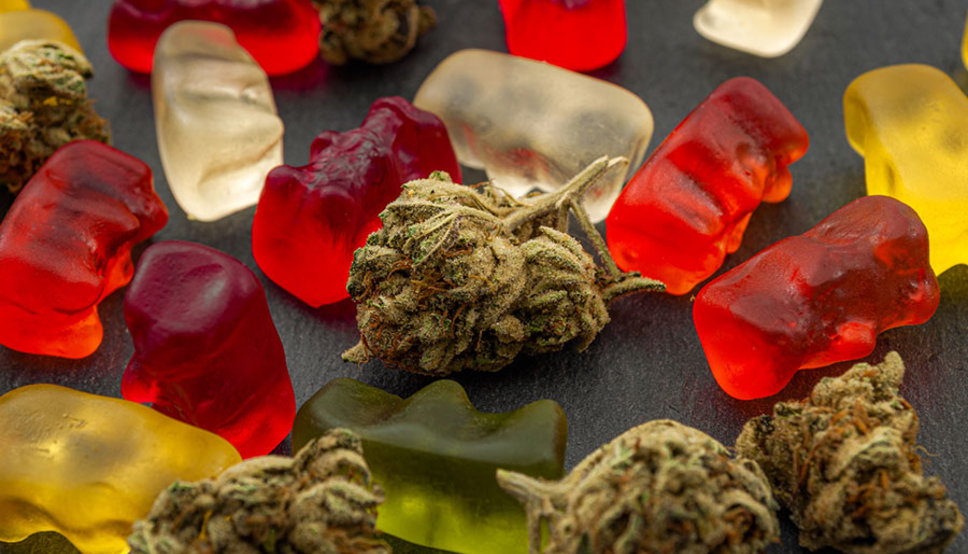Substance Use
For some children, continued use of alcohol, drugs, or other substances (for example, over-the-counter medications like cough syrup or household products like inhalants) may begin to interfere with their activities and health and develop into a substance use problem.
Header Image Media

Flexible Content
Call to Action Block
Related Centers & Programs
Find treatment for your child at these centers and programs.




